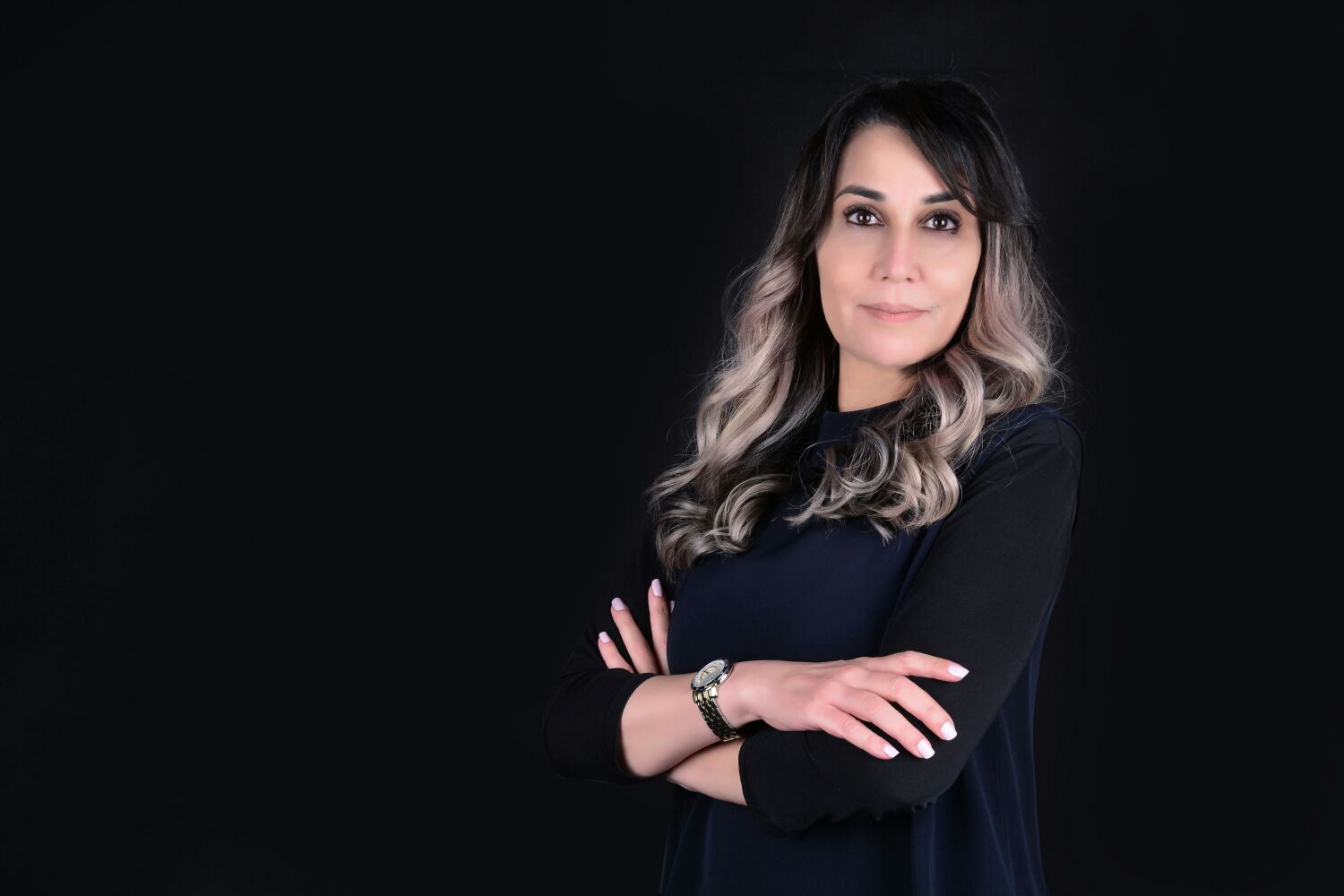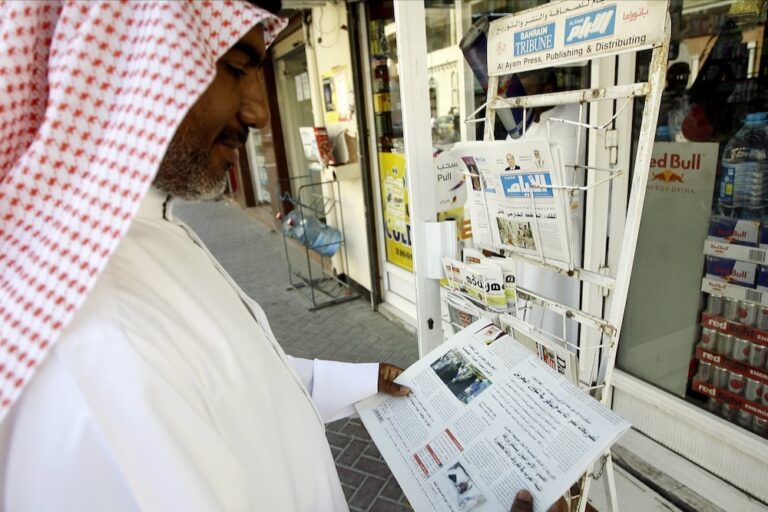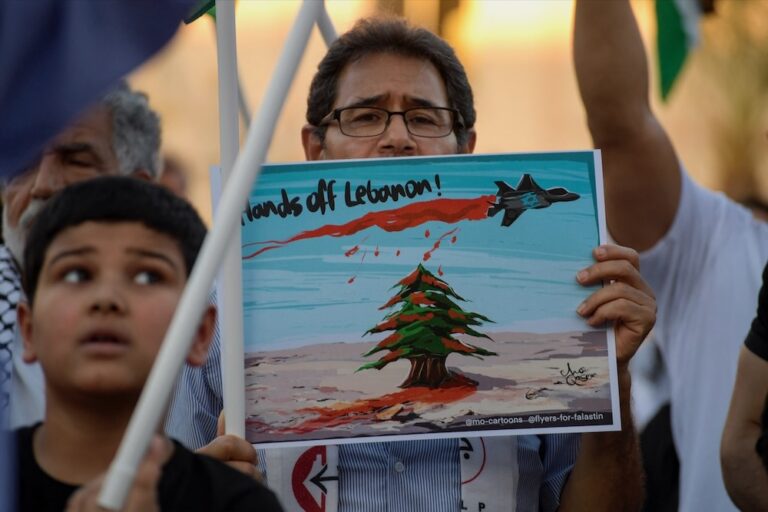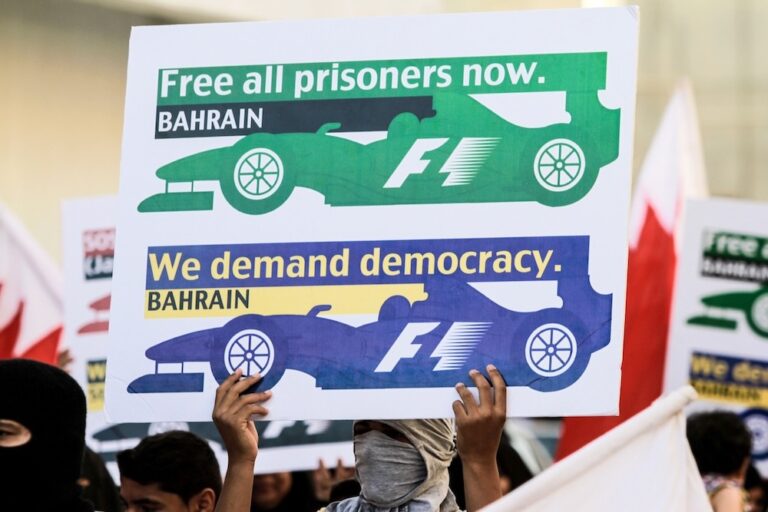The IFEX network calls on the relevant Bahraini authorities to lift travel restrictions on Ms. Nedal Al Salman.
IFEX, the global network of 119 organisations working to promote and defend freedom of expression and information worldwide, writes to express its deep concern over the repeated use of travel bans, interrogations and other forms of harassment against individuals working for the full realization of the rights of all Bahraini citizens and a more just and equitable society.
Most recently, we are alarmed at the enforcement of restrictions on Nedal Al Salman, Head of International Relations and Women’s and Children’s Rights Advocacy for IFEX member the Bahrain Centre for Human Rights (BCHR). Accordingly, we call on the relevant Bahraini authorities to lift travel restrictions on Ms. Al Salman and all other civil society activists, and allow them to continue their work free from all forms of harassment and interference.
On 26 November 2017, Ms. Al Salman was prevented from travelling from Bahrain to Toronto, Canada to attend an information and skills exchange with fellow members of the IFEX network. She was also nominated and invited by the European Union (EU) to attend the 19th annual EU-NGO Human Rights Forum in Brussels, Belgium on 5 December, immediately after the IFEX meeting in Toronto, and has thus also been prevented from attending this important event. This is the latest of several incidents in which Ms. Al Salman has been restricted from travelling to participate in international fora to engage with others discussing human rights and other related issues. This has included key UN processes such as the UN Human Rights Council and Bahrain’s third cycle Universal Periodic Review, which took place in May 2017.
As noted above, the treatment of Ms. Al Salman is not a unique occurrence in Bahrain. In April this year, rights groups deplored the fact that as many as 32 activists, human rights defenders, journalists, lawyers, and other members of civil society were targeted with criminal summons, interrogations, and travel bans. In 2016, at least 28 such cases were documented. Other notable examples have included internationally renowned human rights defenders like Nabeel Rajab, who has since been given a two-year prison sentence, Sheikh Maytham Al Salman and Jalila Al Salman. Most other staff members of Nedal Al Salman’s organisation, BCHR, are also under travel ban.
The impact of travel bans and other forms of administrative harassment were recently described by the UN Special Rapporteur for freedom of opinion and expression, David Kaye. Kaye refers to this measure as a “silent weapon of censorship” more insidious, but just as effective, as other more forceful methods of suppressing information that is critical for improving the lives of women, children, religious minorities and other vulnerable groups in Bahrain.
On an individual level, they are a violation of the right to freedom of movement, including to leave ones’ own country, as enshrined under international law and in Bahrain’s own constitution. Furthermore, they are a source of immense emotional strain, as they are often applied arbitrarily, without notice, and can involve humiliating and inhumane treatment by authorities.
In Bahrain’s national report for their third cycle UPR, it noted steps being taken to enable the work of human rights defenders and civil society groups, as well as other structural and legal human rights protections that are in place. While we welcome such measures, preventing individuals like Nedal Al Salman from carrying out their work through travel bans prevents them from collaborating with their colleagues and is a clear tactic to alienate and isolate people in order to shut down informed voices critical to global discussions of human rights.
IFEX reiterates its call to immediately lift all forms of harassment and bans on travel as a show of genuine respect for the work of those who seek to promote and protect the rights of all groups in Bahrain, as entitled to under international and domestic law, and in accordance with the obligations of the Bahraini government.
Sincerely,
Kaye refers to this measure as a “silent weapon of censorship” more insidious, but just as effective as other more forceful methods of suppressing information that is critical for improving the lives of women, children, religious minorities and other vulnerable groups in Bahrain.




